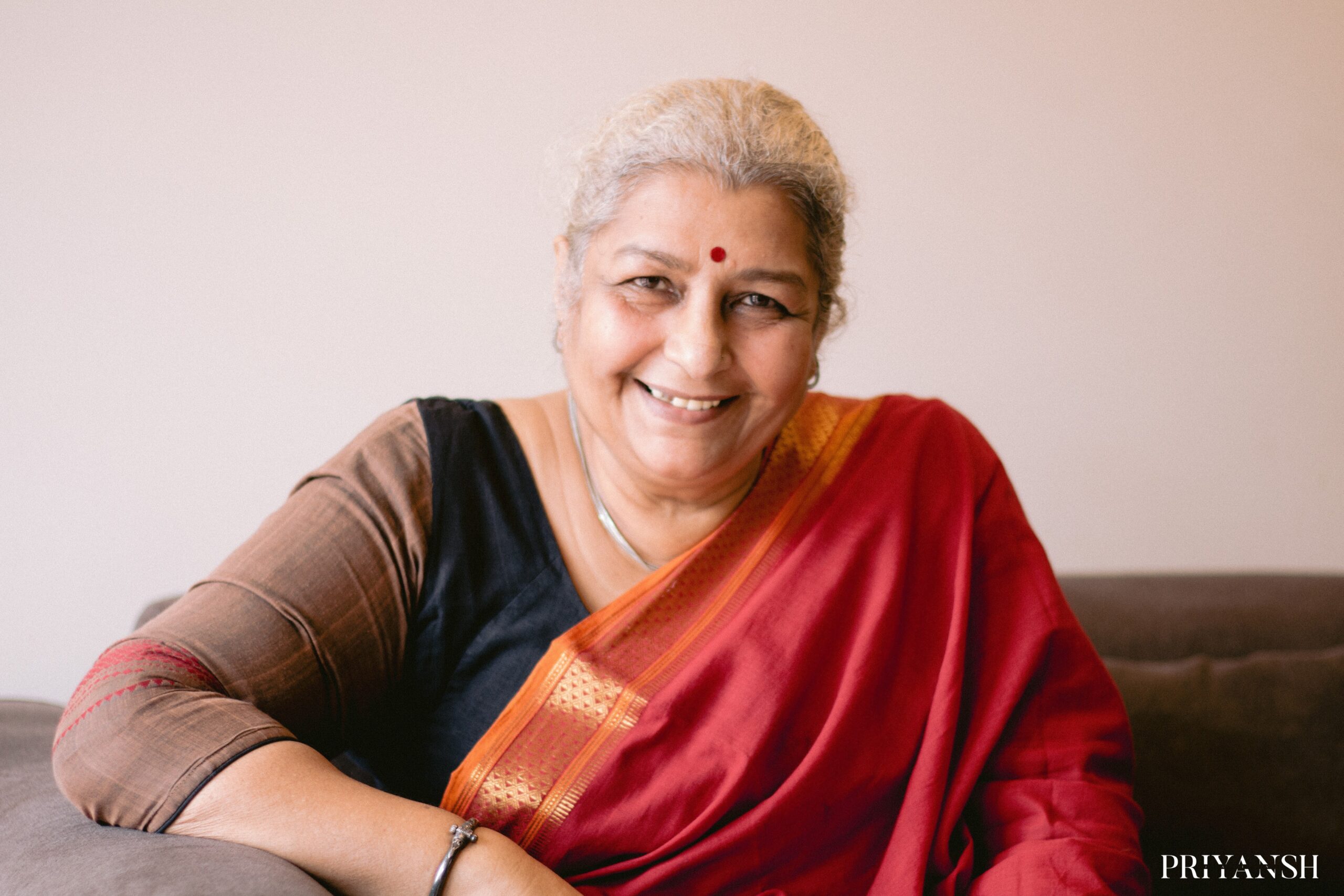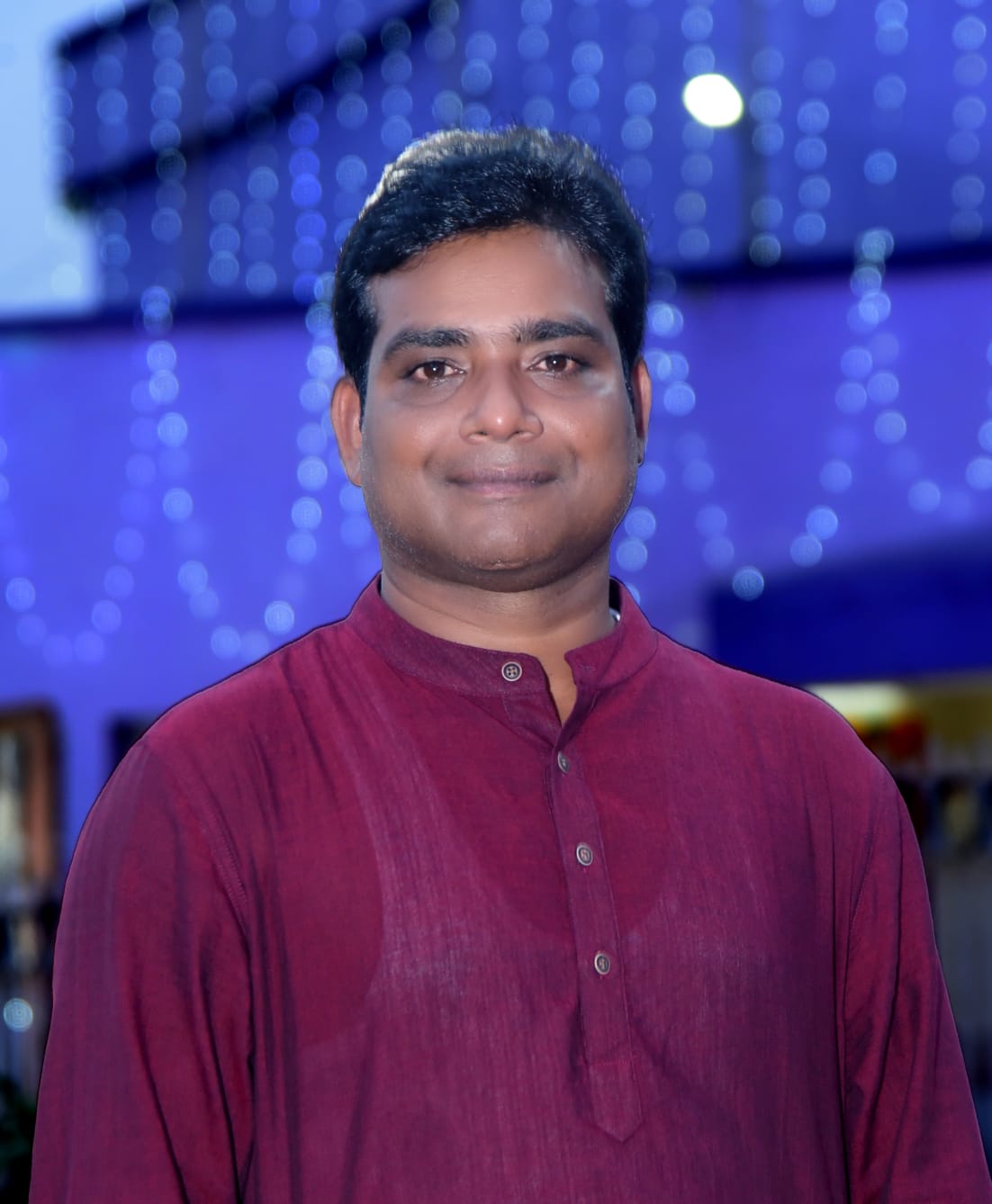 Director : Aditi Desai
Director : Aditi Desai
Writer : Vinod Joshi
Group : Jashwant Thaker Memorial Foundation, Ahmedabad
Language : Gujarati
Duration : 105 mins.
Date : 15 Feb. 2025
Play : Sairandhri
Sairandhri is an adaptation as a dance-drama of the Bharatiya Sahitya Akademi award-winning Gujarati epic poem of the same title. The poet, Vinod Joshi, offers a unique interpretation of a motif from the Mahabharata, enriching the character of Draupadi by portraying her as a woman, a complex and a multifaceted figure.
After their defeat in the duel – Game of Dice, the Pandavas and Draupadi assume new identities during their one-year Agyatvasa (an incognito period) in Matsya Desh. Draupadi assumes the role of Sudeshna’s maidservant, Sairandhri, during this period. This work is primarily focused on this phase of her life. It delves into Draupadi’s inner turmoil as she reflects on the memories of her Svayamvara, where she silently acknowledges Karna as her potential husband. Interestingly, the poet also introduces a different form of exile for Draupadi, one where she experiences an entirely unknown state within herself, explored through memories, dreams, and imagination. This internal exile highlights her struggle and self-reflection. At its core, the poem follows Draupadi’s journey of self-discovery as she navigates the pressures of her circumstances and, ultimately, establishes her own identity as a woman. Even after reconciling with the external world, one cannot escape their inner mind, which remains known only to oneself. Draupadi’s transformation into Sairandhri symbolizes the broader human experience, reflecting an eternal truth of life.











 Director : Riken Ngomle
Director : Riken Ngomle





 Director : Sunder Lal Chhabra
Director : Sunder Lal Chhabra




 Director : K. Ramakrishnaiah
Director : K. Ramakrishnaiah












 Director : Jayanta Rabha
Director : Jayanta Rabha




